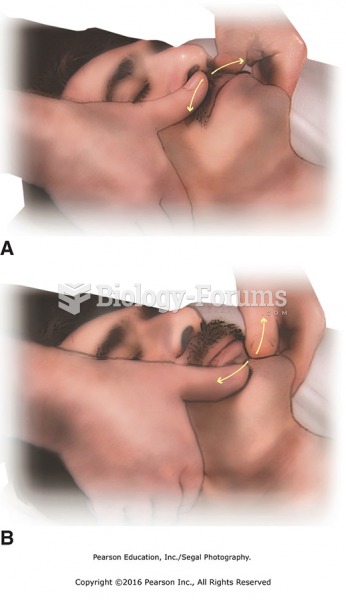|
|
|
During pregnancy, a woman is more likely to experience bleeding gums and nosebleeds caused by hormonal changes that increase blood flow to the mouth and nose.
Atropine, along with scopolamine and hyoscyamine, is found in the Datura stramonium plant, which gives hallucinogenic effects and is also known as locoweed.
The human body's pharmacokinetics are quite varied. Our hair holds onto drugs longer than our urine, blood, or saliva. For example, alcohol can be detected in the hair for up to 90 days after it was consumed. The same is true for marijuana, cocaine, ecstasy, heroin, methamphetamine, and nicotine.
This year, an estimated 1.4 million Americans will have a new or recurrent heart attack.
Of the estimated 2 million heroin users in the United States, 600,000–800,000 are considered hardcore addicts. Heroin addiction is considered to be one of the hardest addictions to recover from.
 Becoming a Certified Medical Assistant may demonstrate your commitment to the profession and the con
Becoming a Certified Medical Assistant may demonstrate your commitment to the profession and the con
 Sociologists who use the functionalist perspective stress how industrialization and urbanization ...
Sociologists who use the functionalist perspective stress how industrialization and urbanization ...
 Continuing with one fist, perform effleurage along the iliotibial band and the tensor fascia lata ...
Continuing with one fist, perform effleurage along the iliotibial band and the tensor fascia lata ...




